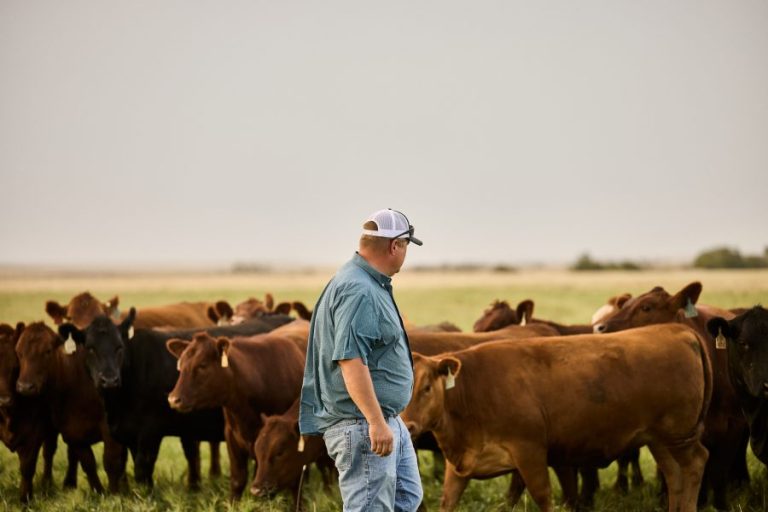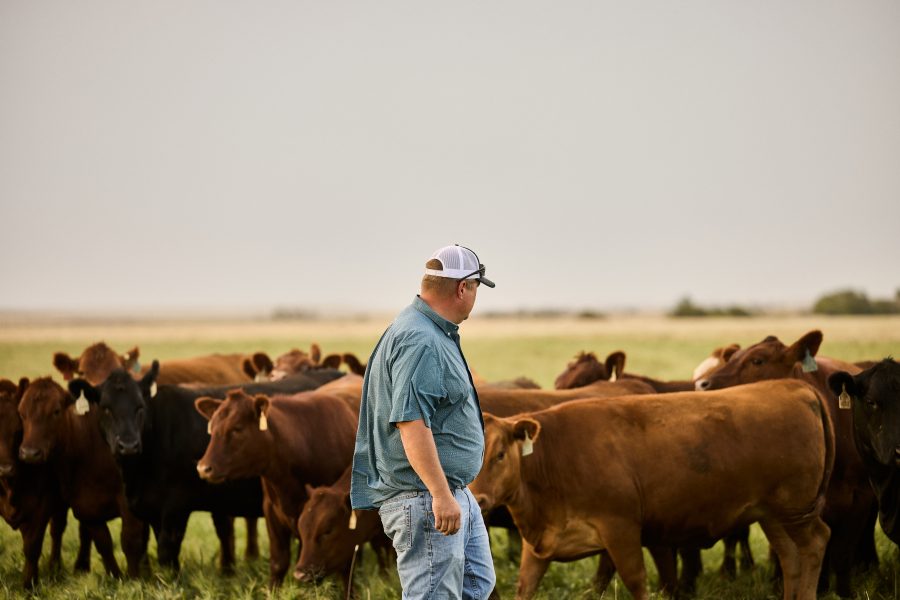PIERRE, SD The National Cattlemen’s Beef Association, the National Farmers Union and the National Sustainable Agriculture Coalition all praised the Biden-Harris administration’s announcement last week of more than $223 million in grants and loans to support small to mid-sized meat processing facilities. The National Cattlemen’s Beef Association and the National Farmers Union, which are at the opposite ends of the political spectrum, have both praised the Biden-Harris administration’s announcement of more than $223 million in grants and loans to support small to mid-sized meat processing facilities.
North Prairie Butchery LLC (NPB) of South Dakota will receive $2,209,643. NPC is a proposed brand new small beef and pork combination plant with the capacity to process more than 100 animals per week. They currently ranch near Faulkton. This modern, federally inspected facility will offer livestock producers the ability for custom harvest, packaging, and labeling. In addition, the business will offer to purchase locally raised, market-ready cattle and hogs to supply retail and wholesale business. The plant is expected to be fully operational by late 2023
GROW South Dakota will receive $8.125 million. GROW South Dakota will assist approximately 16 meat and/or poultry processors at an average loan of $500,000 per business and will inject needed capital into the processing industry and advance economic opportunities. The funds will improve the livelihoods of community residents through job creation and access to fresher meat and poultry products while meeting pollution mitigation by reducing food miles for transportation from local growers initially and ultimately to local markets.
Planning and Development District III of South Dakota will receive $2.375 million. District III will establish a financial resource that builds District III’s lending capacity while focusing on a chronic economic challenge, namely creating value added agricultural alternatives. The fund will give local processing facilities a tool to improve access to markets; enhance operational efficiencies; retain and attract employees; and remain competitive in a challenging business environment.
“NCBA has long advocated for expanded processing capacity to provide cattle producers with additional options for turning their cattle into high-quality beef,” said NCBA Senior Director of Government Affairs Tanner Beymer. “Today, the cattle industry needs more targeted capacity in high-need areas, and we look forward to these facilities launching and expanding operations,” Beymer said. “We appreciate USDA working with NCBA to strengthen the marketplace and support America’s cattle producers.”
NFU President Rob Larew said, “For decades, consolidation in meat processing has put the squeeze on farmers, ranchers, and consumers while corporate monopolies rake in record profits.”
“Today’s announcement is another step toward putting control and profitability back in the hands of farmers, ranchers, and our communities,” Larew said. “More competition across the ag economy is a good thing and it’s great to see Secretary Vilsack and the administration making diversified, local and regional food systems a priority.”
National Sustainable Agriculture Coalition (NSAC) Policy Specialist Connor Kippe said the group “applauds these initial efforts to invest in our small and very small meat processing sector, and USDA’s dedication to integrating stakeholder input on these programs. In the future, we hope to see even greater alignment in supporting small meat processors across USDA’s agencies and services.”
But NSAC added, “At the same time that USDA’s Rural Development agency and Agricultural Marketing Service are focusing on distributing much needed assistance to small and very small processors, the Food Safety Inspection Service (FSIS) has proposed a regulatory framework to continue to decrease the presence of salmonella found in poultry that may impose greater cost and logistical burdens on these small and very small processors.”
“While small and very small processors continue to champion food safety, they face unique constraints in adapting to new regulations given their lower personnel capacity and tighter budgets” wrote The Hagstrom Report. “Making sure that processors have both the capacity to respond to changes, and that FSIS acts proactively so as to ensure scale-appropriate regulations that do not create a disproportionate burden on small and very small processors, is key to the expansion and resilience of these businesses that are so vital to rural communities.” Continuing this expansion of markets and plant capacity programs are key to sustaining this investment, and helping processors reduce new food safety issues as they arise.”
RELATED STORIES
*Beef processing plant cooperative signing members
*Ranchers break ground on own plant in Nebraska
*Producer-owned beef processing plant to open
*Producer-owned Nebraska plant signs agreement with U.S. supermarket giant
*Wall Meat Processing among recipients of USDA funding












